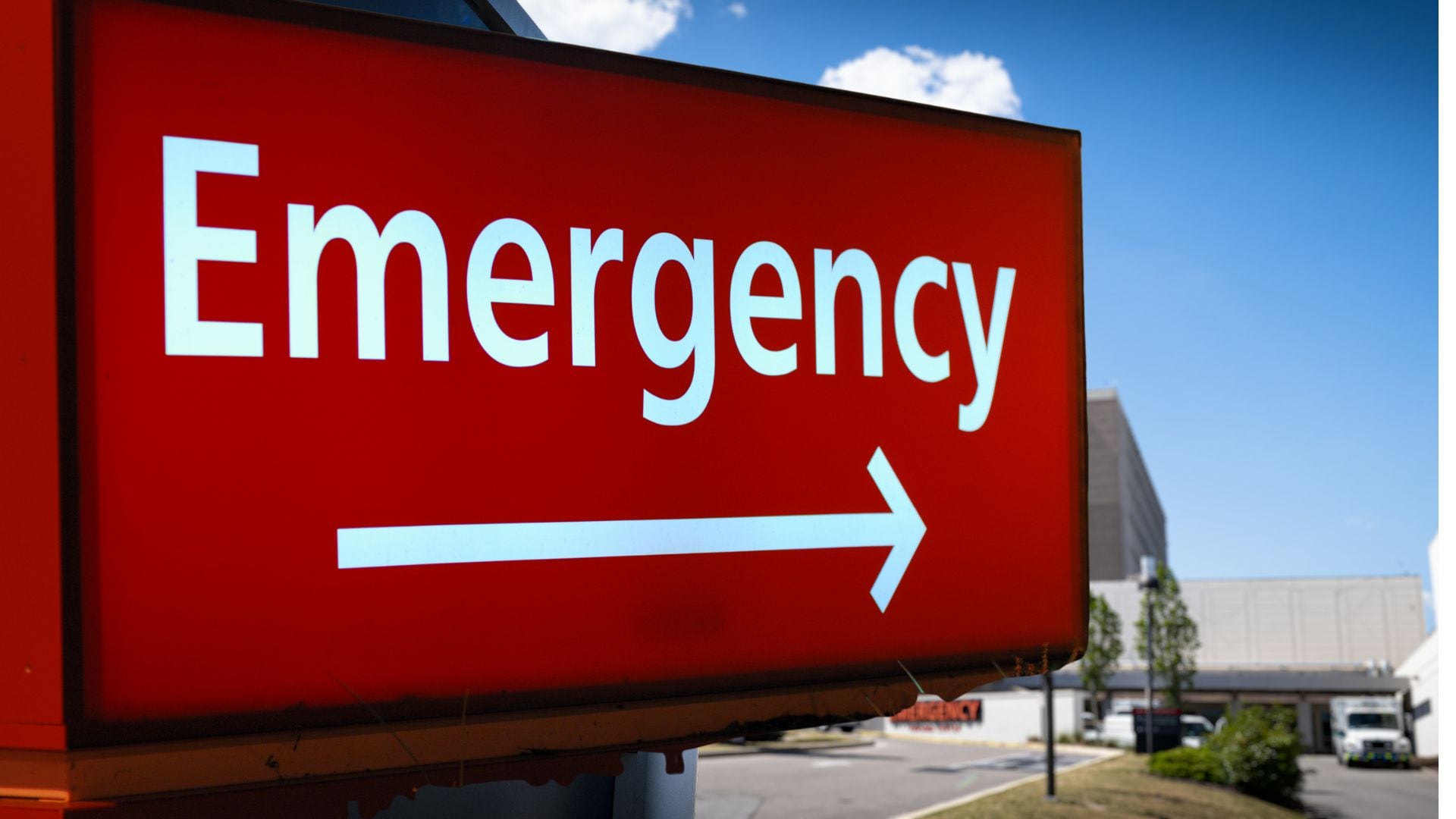The New Jersey Supreme Court has upheld
the state’s charity care program
, ruling that hospitals must continue treating low-income patients regardless of their ability to pay.
In a
unanimous decision issued Wednesday
, the court rejected arguments from several hospital systems, including Cooper University Hospital, Hackensack Meridian Health and Capital Health, that the program violates their property rights by forcing them to provide care without adequate compensation.
The hospitals filed suit in Mercer County Superior Court in 2016.
They argued that the law — which prohibits billing patients who qualify for charity care — amounts to an unconstitutional taking of private property.
They claimed the state’s subsidies cover only a fraction of the actual cost of providing that care.
The hospitals did not challenge the requirement to provide care itself, but sought just compensation, not the ability to deny care.
The state, represented by Deputy Attorney General Tim Sheehan, countered that the charity care program doesn’t take over hospital property or stop hospitals from making money.
Instead, the state argued, it regulates how hospitals operate in a heavily regulated industry and serves a vital public interest by ensuring access to care.
Both the Mercer County trial court and the Appellate Division previously ruled in favor of the state.
The New Jersey Supreme Court agreed, finding that while the program may impose financial burdens, it does not physically take hospital property or strip away property rights.
Any concerns about fairness, the justices said, should be addressed through legislation, not the courts.
“We do not suggest that it is fair for medical professionals and hospitals to bear, alone, the cost of providing services to those who cannot pay for them,” Justice Douglas M. Fasciale wrote for the court.
Fasciale said it is not the judiciary’s role to decide what a fair share of that burden should be. That responsibility, he wrote, belongs to the New Jersey Legislature.
The justice also acknowledged that the program may place a heavier burden on hospitals that serve a large number of low-income patients.
However, those concerns, Fasciale wrote, are best addressed through the political process.
Hospitals, he noted, can challenge their subsidy amounts through administrative appeals or lobby lawmakers for changes.
The attorney for the hospitals, John Zen Jackson of Greenbaum, Rowe, Smith & Davis in Woodbridge, said in a statement to NJ Advance Media that his team is considering an appeal on the issue to the U.S. Supreme Court.
“We believe the court’s analysis is flawed in determining whether the charity care program constitutes a physical taking and invasion of the hospitals’ property and is contrary to the trend of United States Supreme Court decisions in the last decade finding wrongful physical takings occurring in regulated industries and activities,” Jackson added.
“We were proud to stand up for New Jersey’s charity care program and fight for the basic principle that no one should be denied treatment at a hospital because they lack the ability to pay,” Attorney General Matthew Platkin said in a statement.
“We are grateful that the New Jersey Supreme Court unanimously rejected this challenge to our longstanding law,” Platkin added.
Stories by
Colleen Murphy
-
N.J. woman gets $8.7M judgment after man posted stolen intimate photos of her online
-
State agency can’t be sued for harassment by municipal court staff, N.J. court rules
-
This Jersey Shore town tried to ban ‘loud talking.’ That move was silenced in court.








